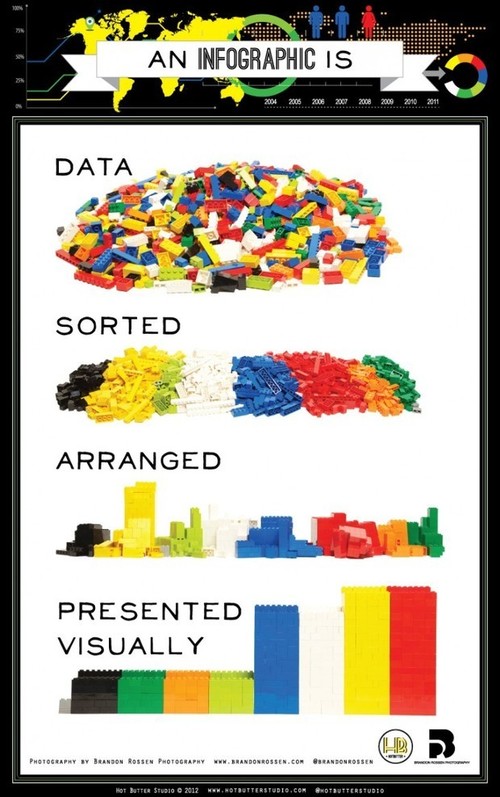This is great adivce to the language teacher! I certainly agree with everything here but I am a little weary of giving stickers unless it is given sparingly. My answer to the forth point is to tell jokes in class if you are the teacher, particulary jokes that involve both L1 and L2 words. It could help students remember certian vocabulary if it is presented in a pun. But don’t overdo it though. My colleauges can attest to this!
 Zarina Subhan, an experienced teacher and teacher trainer, tackles the second of our Solutions Speaking Challenges: “My students say the absolute minimum”.
Zarina Subhan, an experienced teacher and teacher trainer, tackles the second of our Solutions Speaking Challenges: “My students say the absolute minimum”.
I find myself in the classroom in an unfamiliar position. It’s not the fact that I’ve given up teaching that makes this a new experience for me. It is the fact that I’m a student again. I’m learning Spanish and am sitting behind the desk, no longer the decision-maker who tells the learners what to do, but the student awaiting instructions and wondering if I understood them.
I’m rediscovering how uncertain, vulnerable and anxious it can feel to be a language student. Most of the reading, writing, listening, speaking and (most importantly) thinking in the target language (TL) happens in the classroom. I know I am there to improve my language; my motivation as an adult learner is high, yet I have to admit I could speak…
View original post 657 more words







